Twenty-five years ago, the Interfaith Center was introduced to Suffolk University. Founded by the Rev. Amy Fisher in 2000, the center provides an inclusive space for all students to meet and practice any religious or spiritual beliefs. Since its founding, the center has cultivated a strong community of differing beliefs.
The Interfaith Center was created to provide all of the religious, secular and spiritual life for all students, staff and faculty at Suffolk University. The center focuses on welcoming a sense of community and belonging for all different religious groups.
Most colleges in the area operate their religions in silos, making the Suffolk University Interfaith Center the only interfaith center in Boston.
It has resources for religions such as Protestant Christian, Hindu, Muslim, Mahayana and Theravada Buddhist, Jewish, Greek Orthodox Christian, Church of Satan, Cult of Isis, Humanist, Roman Catholic, Wiccan, Pagan, Aztec, Zen Buddhist, Atheists and more.
Each week, the center hosts different gatherings for these different groups. The center also provides resources for anybody questioning or interested in religion.
Fisher, who is the university’s chaplain and the director of the Interfaith Center, was joined by Marshall Laidlaw, who serves as the assistant chaplain, at the 25th anniversary to celebrate the center. Every year, the Interfaith Center hires a new intern from different religions to serve as the assistant chaplain. Laidlaw is this year’s intern from the Harvard Divinity School and has been working at Suffolk for three weeks.
At the anniversary open house Sept. 18th, the Suffolk community was able to come in and see the center for themselves. They were able to talk to Rev. Fisher and Laidlaw and ask any questions that they might have had. Information and plans for the upcoming school year were shared, as well as the gathering schedule.
Having a community like the Interfaith Center has provided a lot for the people at Suffolk over the years. The center has helped people with grief, whether it be after large events such as the Boston Marathon bombing and the Sept. 11 attacks in 2001, to the everyday political stressors, such as immigration and women’s health.
“Every single day I don’t know who is going to walk through that door,” Fisher said. “I don’t know what the political situation on a given day is going to be.”
Over the past 25 years, the Interfaith Center has built one of the strongest communities on campus.
“Already in the short conversations I’ve been able to engage in with students and the people who come into the office, it has been really great to see the community that has been built at the Interfaith Center and that I can have a hand in it,” said Laidlaw.
This sense of community was carefully and particularly built by Rev. Fisher.
“It’s a matter of making a space that truly is an Interfaith Center,” said Rev. Fisher.
For Rev. Fisher, the Interfaith Center should reflect all beliefs, so that nobody will feel as though their religion is inferior to another’s.
“It’s about the corporation amongst all of the religious, secular and spiritual gatherings to understand that we live in a religiously pluralistic world and if we don’t make some meaning in understanding how to dialogue and create action in terms of that dialogue then who are we?” said Rev. Fisher.
“I always say if you don’t see yourself reflected in this room. We need to fix that,” said Rev. Fisher.
For anyone looking to get involved with the Interfaith Center, Rev. Amy Fisher suggests signing up for the center’s weekly newsletter and following the center on Instagram @su_interfaith.


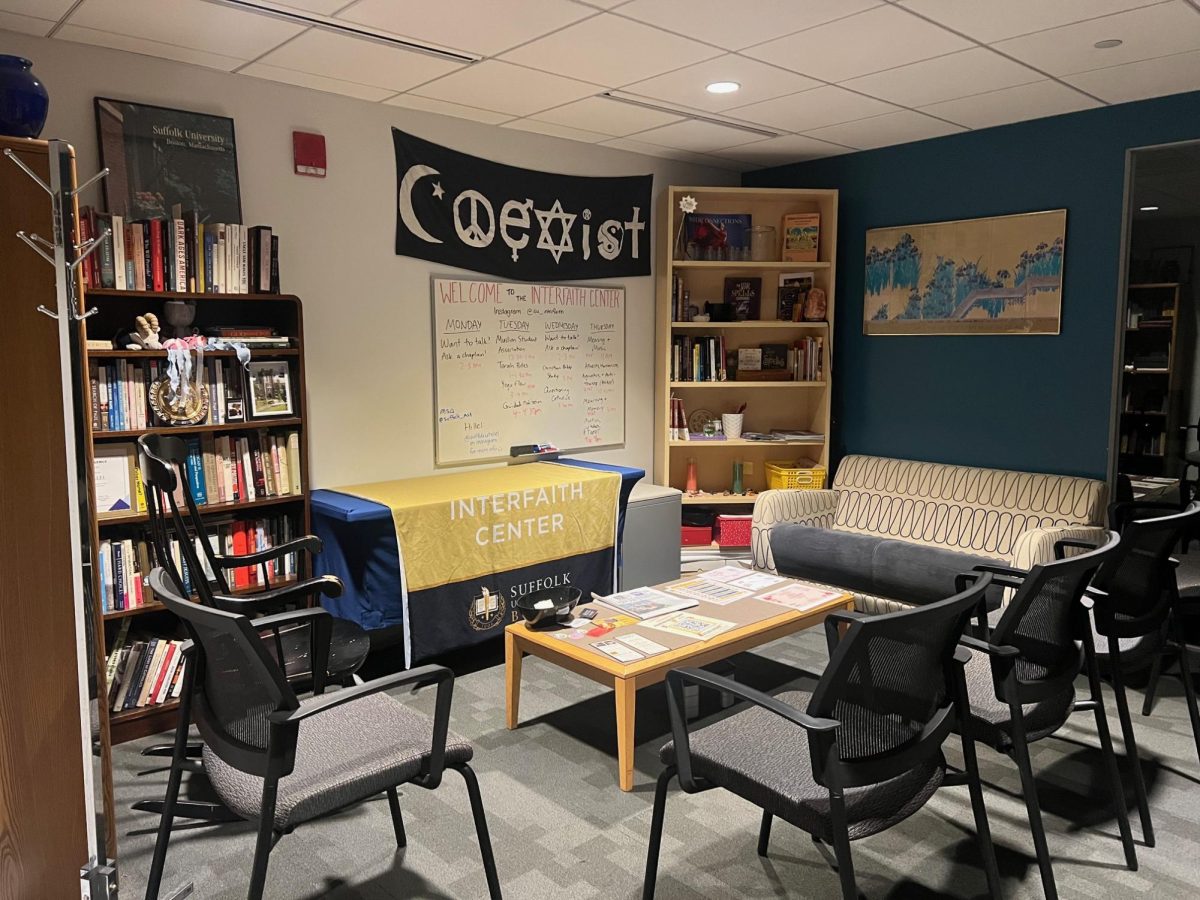








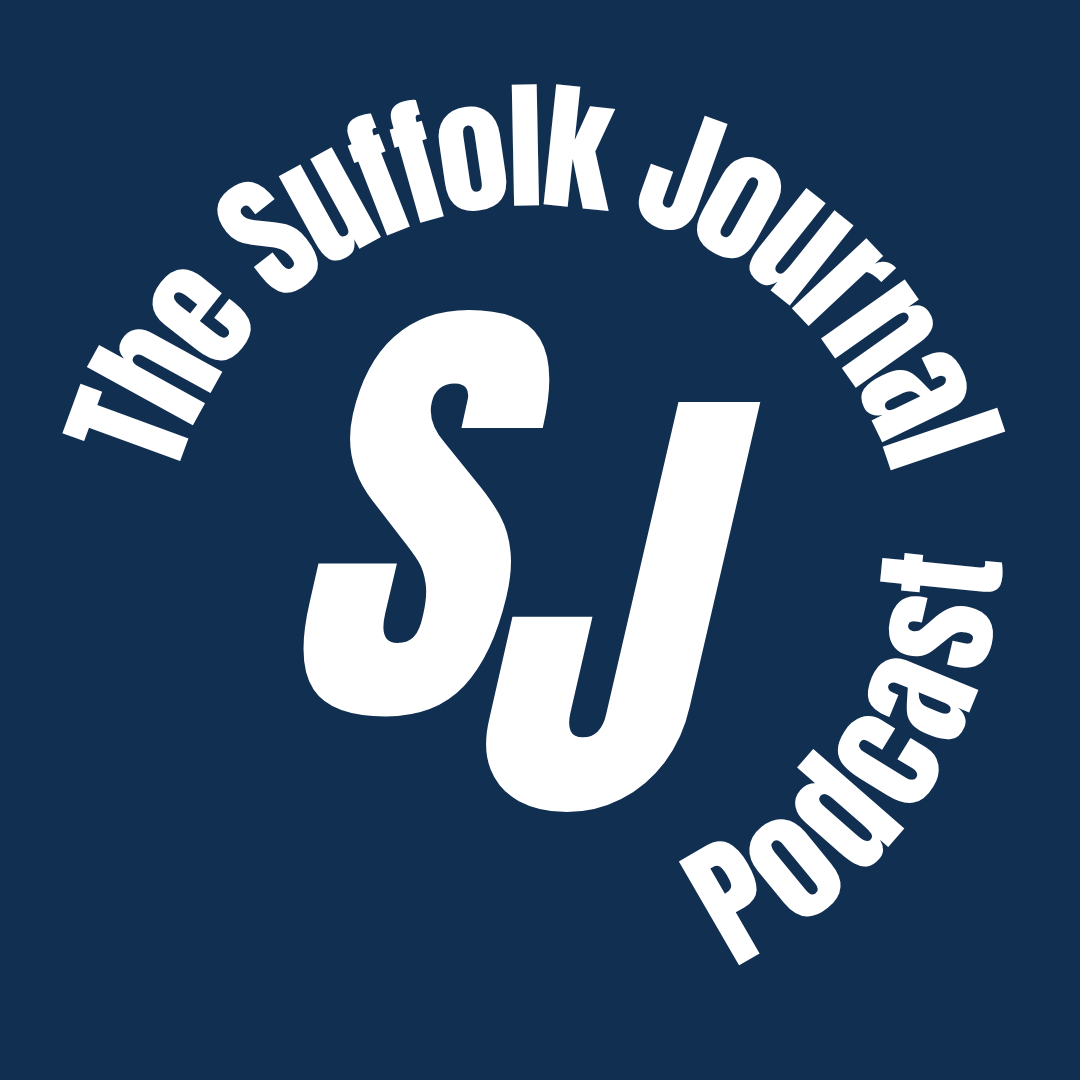


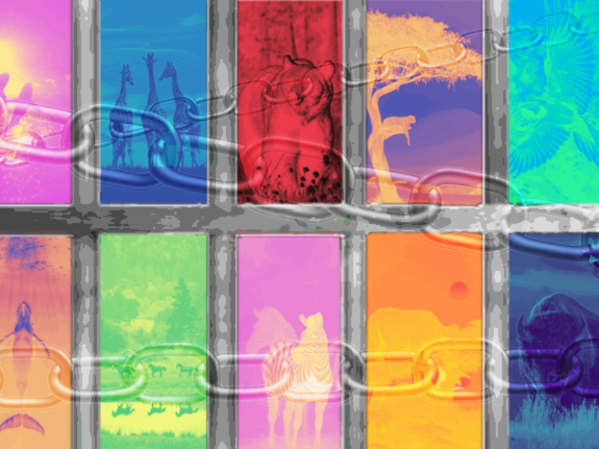

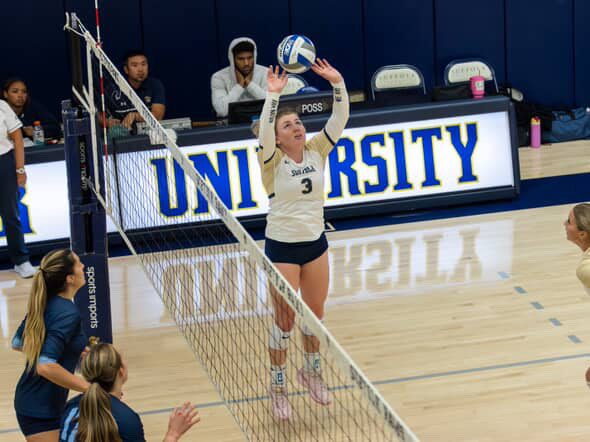
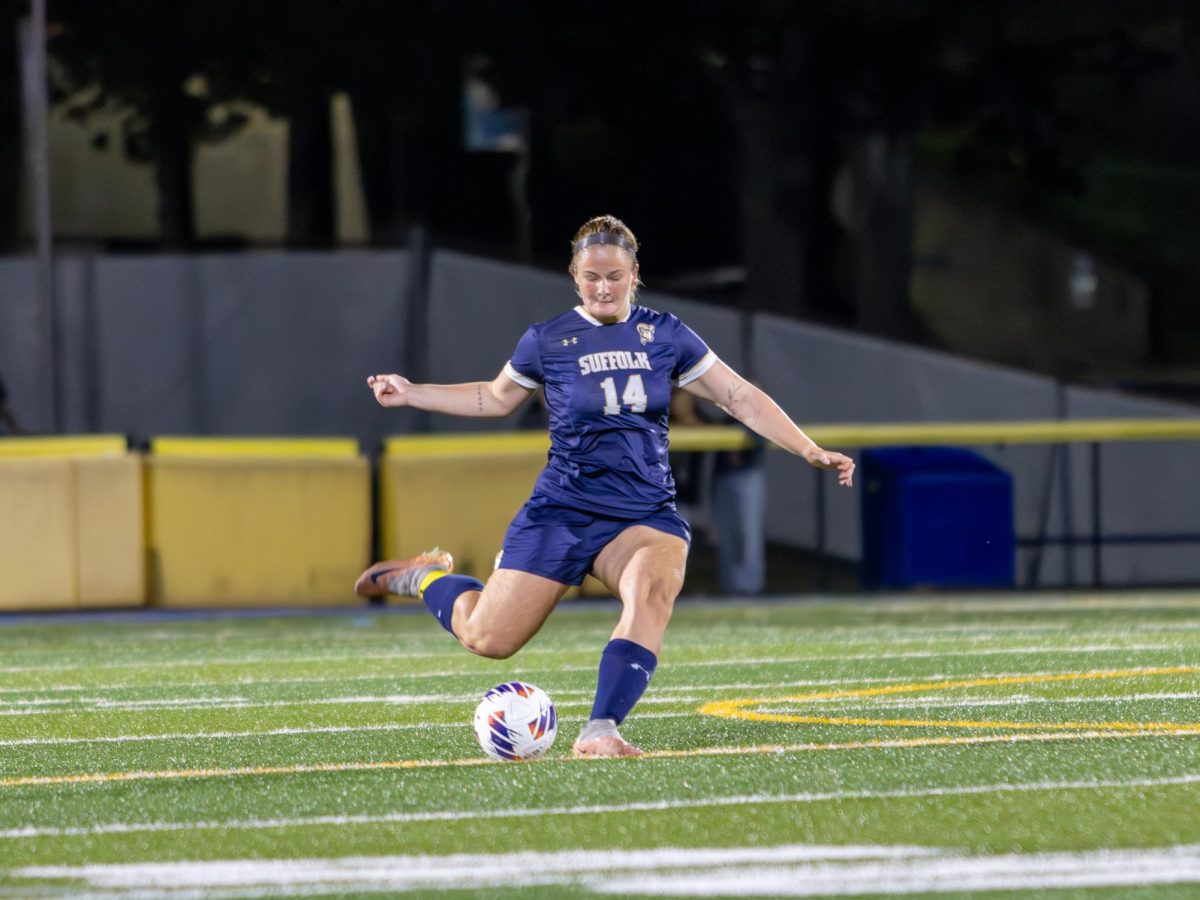

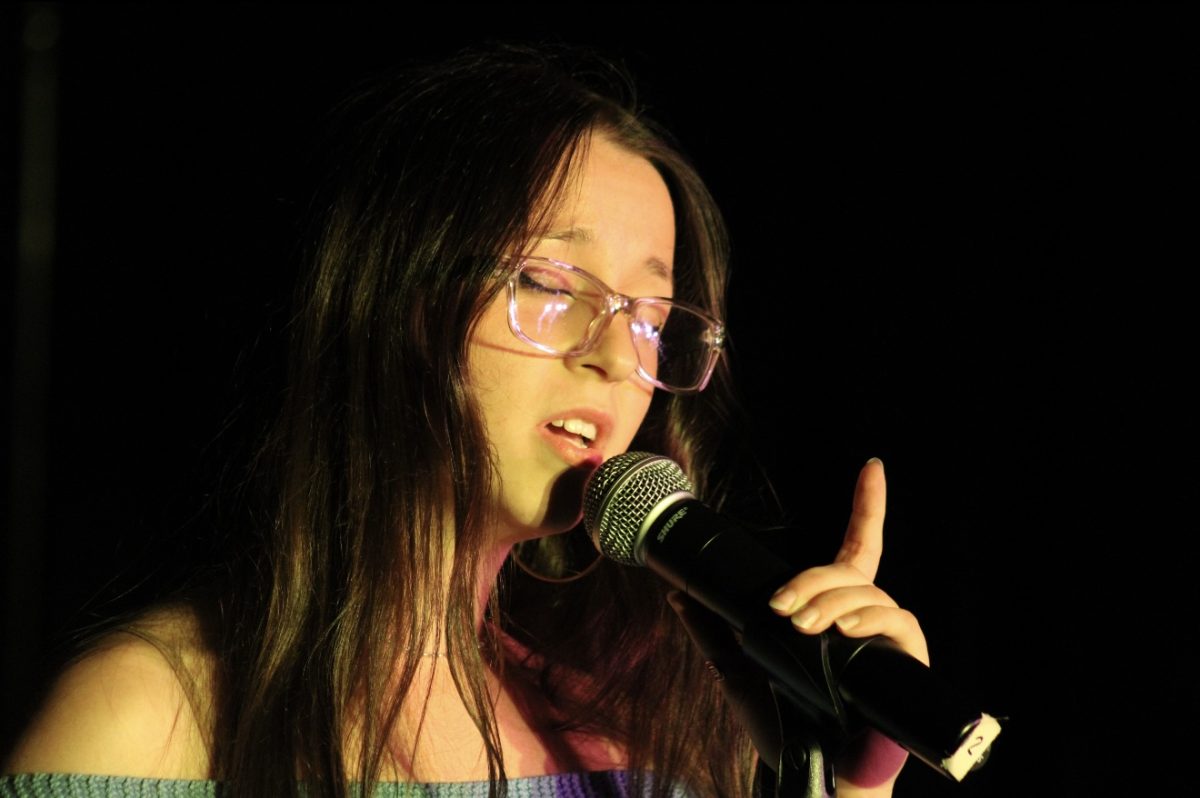
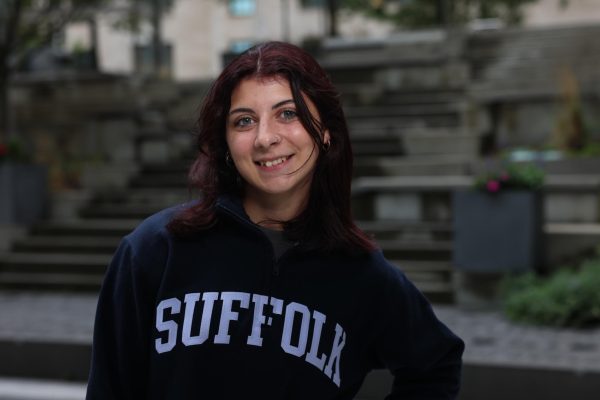
Amy Fisher • Sep 25, 2025 at 9:23 am
Thanks! Amy Fisher